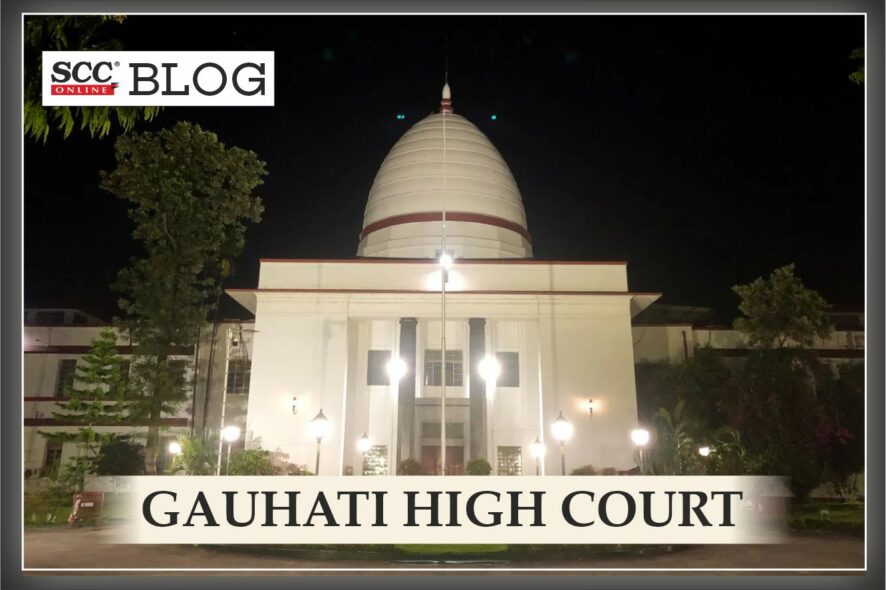Gauhati High Court: Rumi Kumari Phookan J. dismissed the criminal proceedings against Chief Minister of Assam, Dr. Himanta Biswa Sarma for violating the provision of the Model Code of Conduct during 2019 General Assembly Elections. The Court was further of the view that the provision mentioned under Section 126 of the Representation of the People Act, 1951 (RP Act) should be reexamined in the light of multi-phased elections and the expansion of digital and electronic media.
Facts of the case
A complaint was filed as per the direction of the Election Commission of India (ECI), against the petitioner who was an MLA in 2019, and the “news” channel, ‘News Live’, for telecasting a Live interview of the petitioner a day before the first phase elections were scheduled. In the complaint filed it was said before the trial court that cognizance under Section 126(1)(b) of the RP Act should be taken. Based on the documents submitted, the trial court took cognizance of the offence and imposed a fine of Rs 2000/- on the petitioner.
Therefore, the petitioner filed a criminal petition under Section 482 r/w Section 397 of the Criminal Procedure Code, 1973 (CrPC).
Analysis and Decision of the Court
Firstly, the court noted that the original complainant was neither present for the proceedings nor did he produce the relevant documents, as directed, therefore, such a complaint is liable to be dismissed for non-prosecution.
Therefore, the Court stated, “Being an officer of the justice delivery system, no one can conduct the affairs of the prosecution as an inquiry officer. As the original complainant did not pursue the matter nor produced the relevant documents, as directed, such a complaint is liable to be dismissed for non-prosecution u/s.203 CrPC and/or other relevant orders as to whether the complainant has been able to make out a prima facie case for proceeding etc. But a court of law is never assigned to undertake an inquiry to pursue the matter with higher authority as has been revealed by various orders of the court. Accordingly, all these orders suffer from serious illegality.”
Secondly, the Court noted that when the interview was telecasted in Gauhati, no polling was scheduled for the next 48 hours, as per the notification poll schedule. The aforementioned fact was neither disclosed in the complaint nor did the trial court consider it while taking cognizance of the offence. Thus, the trial court had failed to discharge discretion while conducting proceedings.
Further, the Court opined that in the changing social scenario as well as the expansion of the digital era where the election commission itself has made arrangements to hold elections in phases in certain constituencies, it is time to revisit the provision enunciated in Section 126 of the RP Act which was enacted in the year 1951.
Hence, the Court held that continuation of the criminal proceedings would amount to an abuse of the process of court causing injustice, and quashing the proceeding would otherwise serve the ends of justice. Resultantly, the Court quashed the entire proceedings under Section 126(1)(b) of the RP Act and set aside the impugned order of the trial court.
[Himanta Biswa Sarma v. Election Commission of India, 2022 SCC OnLine Gau 927, decided on 10-06-2022]
Advocates who appeared in this case :
Mr. D. Saikia, Senior Advocate, for the Petitioner;
Mr. A. Sarma, Ms. P. Baruah, Advocate., Mr. R. Dubey, Advocate, Mr. A.I. Ali, Advocate, for the Respondent.







